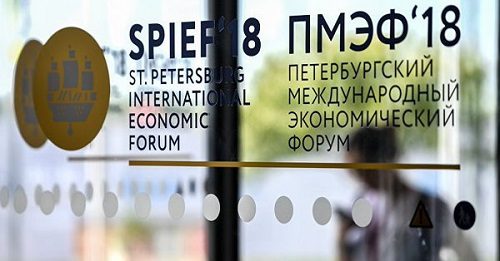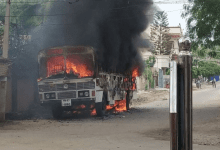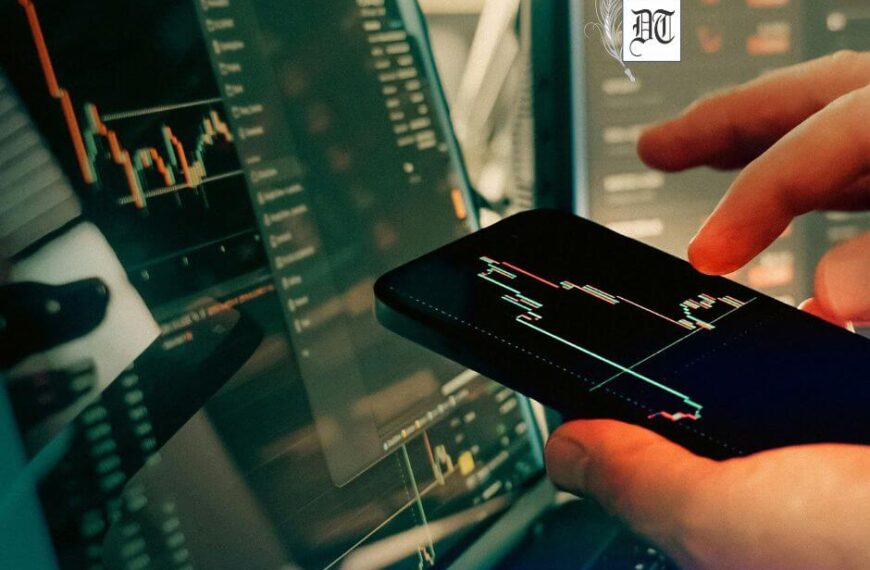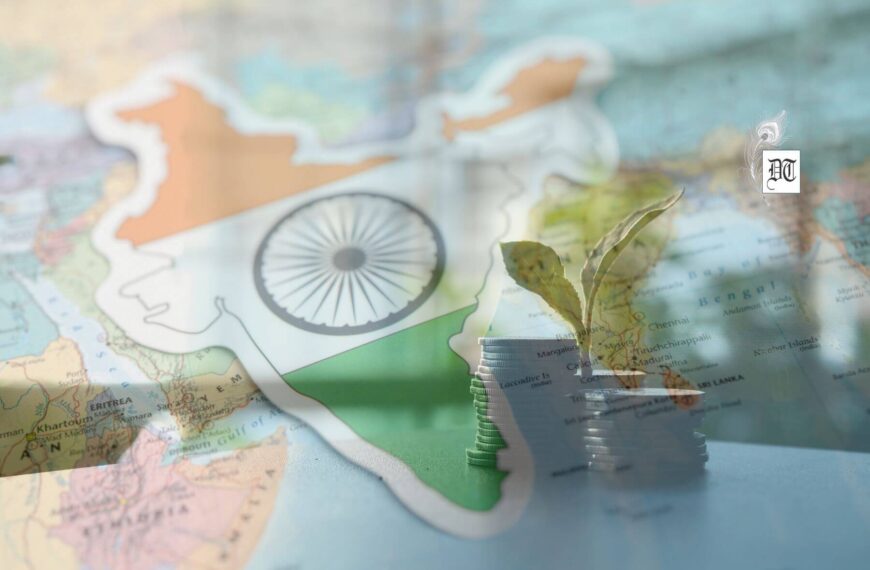Sochi and St Petersburg have become, in a way, the centre of the world this week. Leaders from across the world are converging on to the two hotspots, seeking support or solace from that country’s modern Tsar. President Vladimir Putin met Japanese Prime Minister Shinzo Abe and he will be the guest of honour at the St Petersburg International Economic Forum this week. SPIEF, for short, is Russia’s replica of what Davos is for the Western world. A report, for Different Truths.
Prime Minister Narendra Modi has travelled to the Russian resort of Sochi to meet Russian President Putin. He is not alone. A galaxy of world leaders is heading towards Russia and its annual economic platform at St Petersburg.
Sochi and St Petersburg have become, in a way, the centre of the world this week. Leaders from across the world are converging on to the two hotspots, seeking support or solace from that country’s modern Tsar. President Vladimir Putin met Japanese Prime Minister Shinzo Abe and he will be the guest of honour at the St Petersburg International Economic Forum this week. SPIEF, for short, is Russia’s replica of what Davos is for the Western world.
Since its inception, SPIEF has emerged as Russia’s showcase for presenting its economic and investments prospects. But this year, it is the diplomatic platform where world leaders are gathering post-Trump assuming the presidency. As Trump’s policies alienate countries, they have once again started flocking to Russia, which had become until recently, untouchable for most of the western world.
SPIEF has shone in the aftermath of Donald Trump’s decision to dump the five-nation nuclear agreement with Iran. The threat for scrapping the nuclear deal was looming, but the world leaders did not expect the USA to so suddenly walk out of a treaty and re-impose sanctions on Iran. The deal with Iran was arrived at after long and hard negotiations. The participating nations – US, Russia, China, France, and Germany—all believed that the deal offered the best chance of containing Iran’s nuclear threat.
What is further irritating is that post US walk-out from the Iran deal, US had started slapping sanctions not only against Iran but all those who have commercial links with Iran. That is extremely inconvenient. The European Union has spoken up against it, saying that US sanctions presume extra-territorial jurisdiction and that the EU is now refusing to recognize. It has come to a boil on the exclusion of Iran from Belgium based SWIFT network among banks.
Along with that, a number of European companies, which had picked up the thread of their past operations in Iran, are also coming under the sanctions umbrella. Already a major French oil company, Total, has announced the suspension of all its investments in Iran and walked out of some current operations. Many other European companies are facing similar prospects. Seeing the adverse implications, Europe is standing up to the US threat and these developments are harming the post-Second World War security arrangement in Europe. NATO has not been directly hit so far, but the damage is possible. Europe has already started talking about developing its own deterrence capability, faced with future distance with the USA.
In this economic and strategic atmosphere, Russia is becoming the flavour of the season. The St Petersburg economic forum could not have come at a more convenient time. French PresidentEmmanuel Macron, who has earlier charmed Donald Trump with pageantry during France’s National Bastille Day and subsequently in Washington where he had hoped to drive home some rational arguments for retaining the Iran deal, had clearly failed to achieve any conversion.
Now that his bridge to Trump has proved untrustworthy, Macron is going over to St Petersburg to be on the dais at SPIEF, along with Japanese Shinzo Abe. These moves could have double-edged advantages. The USA has imposed sanctions against Russia as well, in which Europe was its ally, for its invasion and subsequent annexation of Crimea. But the US had recently followed up with more sanctions, including those on the Russian oligarchies and at least one major Russian aluminum company, Rusal.
Now, too many US sanctions, rather liberally slapped on Iran and Russia, and on anyone having any dealings with them, are turning out to be counter-productive. Instead of hurting the two countries, these are hurting the interests of too many others. We cannot buy oil from Iran, cannot take aluminum from Russia, deal with companies in which the sanctioned Russian oligarchs have shareholding or interests and so on.
Soon, if these disaffected countries and their economic entities develop dealing network independent of the United States, it will only hurt that country and its eventual strategic goals. Because, EU, China, and Russia –by all standards, economic and diplomatic heavyweights– are all braced against the US on many of these issues. An indication of this is the attendance at St Petersburg where, apart from French President and Japanese Prime minister, the Chinese foreign minister is also attending. Indian prime minister had an independent meet at Sochi.
Take for instance a single instance of an established mechanism for global financial funds transfer mechanism among banks.
SWIFT is an inter-bank settlement mechanism among banks for transmitting funds among each other. Iran was a member earlier but was thrown out after the country began its nuclear programme. It was re-admitted since the conclusion of the nuclear deal. Now that the USA has withdrawn and imposed sanctions on financial links with Iran or on any bank having such deals, Iran’s continuing membership of SWIFT is a live issue.
In fact, the current realignment is proving to be God-send for Putin.
After Putin invaded Ukraine and annexed Crimea, Russia had become a pariah state. Its actions were broadly condemned by the western European countries. Other countries also felt uncomfortable at such flagrant show of strength by the powerful against a puny little nation. The US and Europe had slapped sanctions against Russia, which had increasingly crippled its economy. Growth had slumped and standard of living had generally deteriorated. Adding to the woes, the price of oil and gas had also collapsed on the international markets, hurting Russia’s oil-dependent economy.
The entire plank for Putin’s recent re-election was to restore the economy and raise the ordinary Russian’s living standards. Good fortunes Russia has in plenty and changed that has changed its situation. Oil prices have started rising and this has added to the coffers. While professing to develop a diversified economy, which would not be so dependent on oil revenues, the recent smart recovery in oil price on the global market has been not the least helpful.
However, the most favourable development for Russia appears to be the election of Donald Trump. Ever since his election, Trump’s rhetoric on Iran agreement, Jerusalem embassy, and trade are driving Europe and China – two most powerful entities — away from the US. Trump, while bringing out some very fundamental issues to the forefront, seems to have opened too many fronts at too short a time.
The principal beneficiary of the changed global geo-strategic scenario appears to be Russia, which is now coming back from the cold. The attendees list at St Petersburg is an indication of this.
Anjan Roy
©IPA Service
Photo from the Internet





 By
By

 By
By